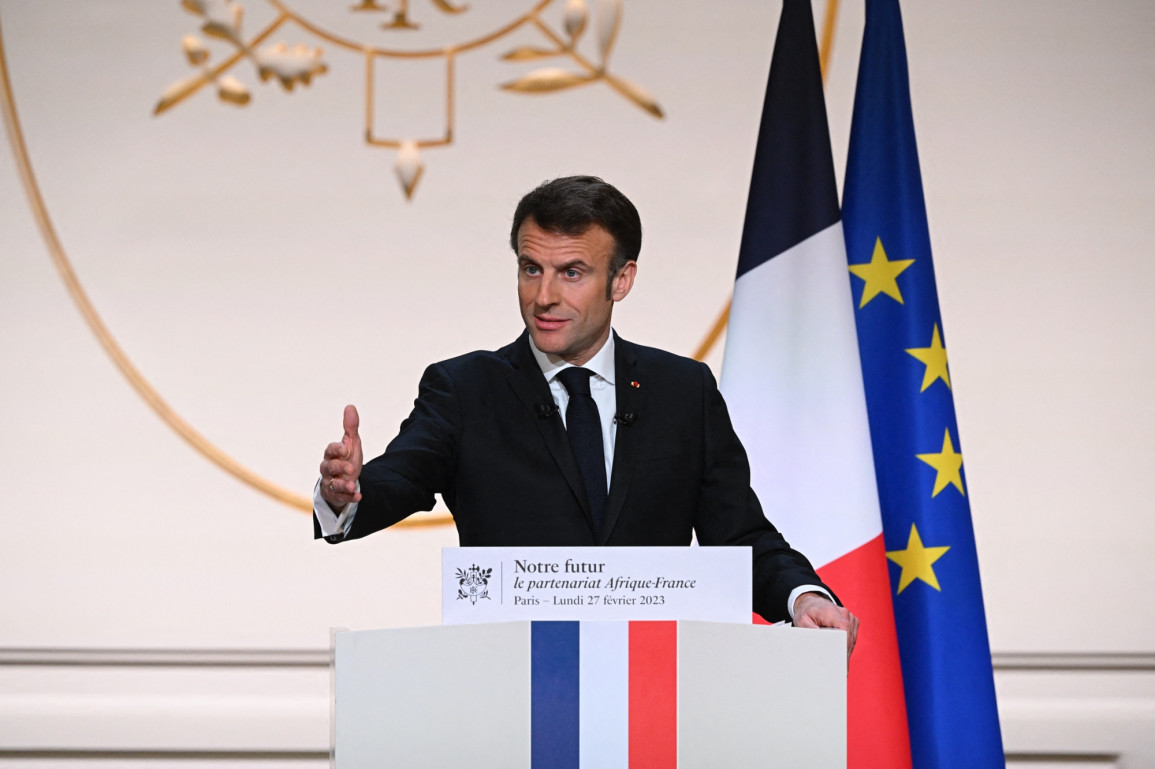Franco-African relations at a crossroads: the challenge of a new partnership
Referring to the legacy and heavy responsibility borne by France, both through its colonial history and its recent external operations, President Macron stressed France's determination to build a partnership characterised by a "balanced, reciprocal and accountable relationship". This is not really a new cycle but rather an acceleration of the efforts made by France since the Ouagadougou speech in 2017. These commitments, relating to education and vocational training, entrepreneurship and the construction of a collective imagination, were taken up in the speech by the Head of State. This last commitment remains, six years later, a real thorn in the side of the French strategy in Africa, with France remaining 'accountable for the past', without having yet really managed to convince. The Élysée has therefore set itself the task of combating the narrative of opposition between the North and the South. This will be the role of the cultural and creative industries, which are essential for changing the way people look at and think about a heritage that is certainly inherent to each culture, but also international.
Transformation of military cooperation: fewer bases, more academies
France is reorienting its military offer on the continent by placing training and support at the centre of it, particularly in terms of equipment. This ambition to reduce the French military footprint and to make African armies more responsible is part of a strategy that has been underway since the reorganisation of Operation Barkhane. Avoiding new waves of denunciation of an excessive French military presence is essential for the future of relations between the continent and France. However, many questions remain regarding the implementation of such a policy. Discussions with African partners have been underway for a year. Some countries prefer to keep French operational support rather than adopt a new model, despite the reputational problems that such a presence could pose. Moreover, training is a long-term solution. The "visible" withdrawal of French troops is not likely to take place in the next few months. France will also rely on a European strategy, increasingly adopting a collective posture in the military field. Task Force Takuba could be the model for future operations.
Towards intensified economic relations: from a logic of aid to a logic of solidarity investments and partnerships
The call for a collective response from French companies present in Africa is another essential element of the French President's speech. The main argument presented is the shift from an aid logic to an investment and partnership logic. The African continent is indeed one of the main beneficiaries of French official development assistance (ODA). In 2021, one third of ODA was devoted to the continent. Franco-African economic partnerships have declined over the last decade, to the benefit of China, the United States, but also closer allies such as Germany. However, thanks to its long-standing presence, France remains the second largest holder of foreign assets in Africa, directly after the UK, according to the latest investment report of the United Nations Conference on Trade and Development. To maintain this threatened economic position, the Elysée called on French companies to redouble their efforts to invest on the continent, and warned those already established to strengthen their strong and equitable relationships with their African partners. New cooperation must be part of a new logic of co-industrialisation and joint investments, guaranteeing shared responsibility.
About the author
Carine Gazier is a project consultant at Concerto, she focuses on political-economic issues and the energy sector in Africa.
For further insights and analysis, or to better understand how Concerto can support your business, please email insights@concerto-pr.com.
